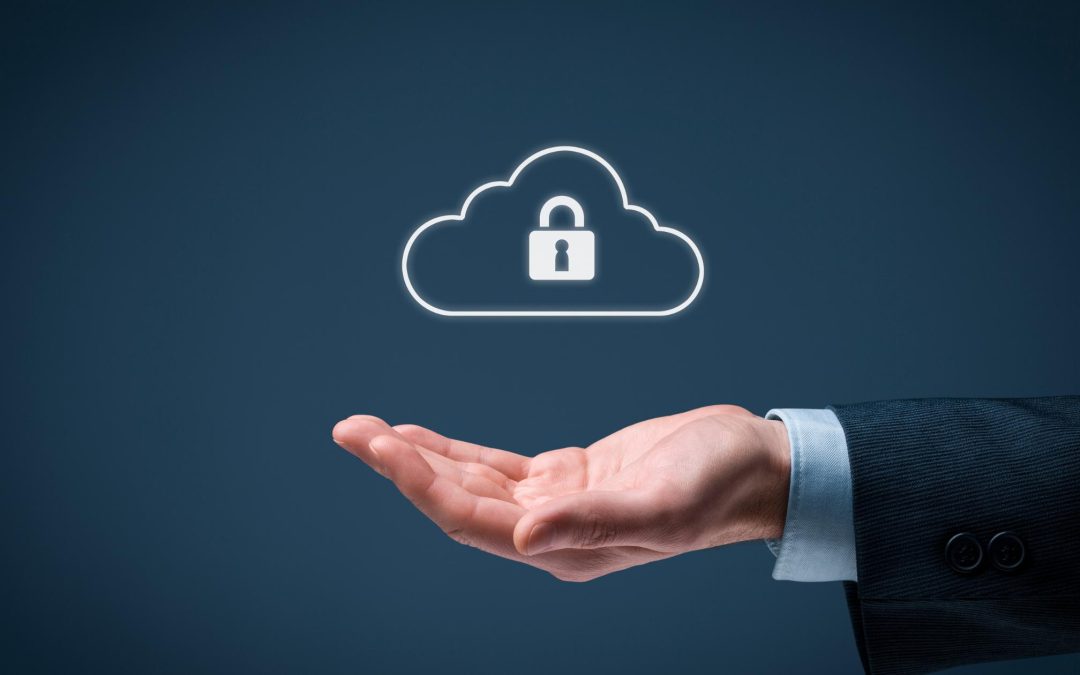

About us
Learn moreMore solutions
Contact usIn-country expertise
Browse allResources
More resources
by Alfaiz Khan | Jul 17, 2023 | Blogs
As remote work continues to gain popularity, organizations face new challenges in ensuring the security of sensitive data. Among the various areas of concern, payroll security stands out as a critical aspect that requires special attention. The transition to remote...